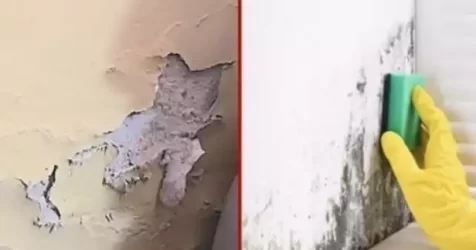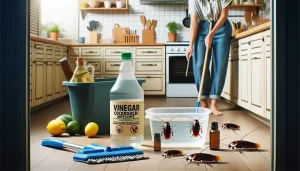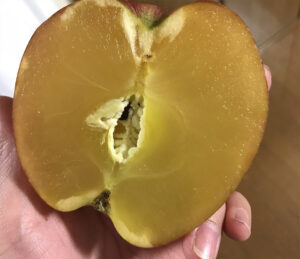Nature’s Invisible Shield: An Eco-Friendly Approach to Pest Repellent
Peppermint, known for its strong scent and taste, has been widely recognized as an effective natural pest repellent. The essential oils in peppermint, especially menthol, play a key role in its pest-repelling properties. Menthol not only gives peppermint its distinctive aroma but also acts as a natural insecticide, disrupting the nervous system of pests. This makes peppermint a versatile tool against various insects and even some rodents.
The effectiveness of peppermint in repelling different pests varies. It’s particularly effective against mosquitoes, as the strong scent of peppermint masks the pheromones pests use for navigation and locating food. Crushed peppermint leaves or peppermint oil can be used to repel mosquitoes by applying it on the skin or around the house.
Peppermint is also known to repel ants, as they are sensitive to strong scents which disrupt their pheromone trails. Placing peppermint plants or oils near entry points can deter ants from entering your home. Additionally, it is effective against spiders, who are repelled by the aroma of peppermint when it is placed in areas where they may enter the house.
For repelling mice, peppermint has been suggested as a natural, no-kill option. Mice dislike the smell of peppermint, and methods like peppermint plants, peppermint-filled socks, or DIY peppermint spray can be used to repel them. While peppermint’s efficacy in repelling mice is debated, it is often considered a humane and pleasant-smelling option.
On the other hand, peppermint is not very effective against fleas. While it doesn’t kill or repel adult fleas, it can be used to kill off flea larvae and soothe flea bites. It’s also less effective against cockroaches in serious infestations, though it can help in less severe cases.
For earwigs, a mixture of peppermint essential oil and water can be poured down or sprayed around affected areas to repel these pests. Houseflies can also be repelled by a mixture of peppermint essential oil and water, sprayed in areas affected by flies.
Peppermint is valued not only for its pest-repelling qualities but also for its environmental friendliness. As a natural repellent, it’s safer for both the environment and for humans and pets compared to chemical-based pesticides. Moreover, it can be cost-effective and easy to grow at home.
Homemade Peppermint Pest Repellent Spray
Ingredients:
- 2 cups of distilled water
- 10-15 drops of peppermint essential oil
- 1 teaspoon of dish soap (optional, helps to disperse the oil in the water)
Instructions:
- Prepare the Bottle: Start with a clean spray bottle that can hold at least 500 ml (approximately 2 cups) of liquid.
- Mix Water and Peppermint Oil: Pour the distilled water into the spray bottle. Add 10-15 drops of peppermint essential oil to the water. The amount can be adjusted based on the level of scent and strength you prefer.
- Add Dish Soap: If using, add a teaspoon of dish soap to the mixture. This helps to emulsify the peppermint oil with the water, ensuring a more consistent spray.
- Shake Well: Close the bottle and shake it vigorously to ensure that the peppermint oil is well dispersed throughout the water.
- Test the Spray: Before applying broadly, test the spray on a small, inconspicuous area to ensure it doesn’t damage or stain the surface.
- Application: Spray the mixture around the entry points of your home, such as windows, doors, and any cracks or crevices where pests may enter. Also, target areas where you have noticed pest activity.
- Regular Reapplication: For best results, reapply the spray once a week or after heavy rain. The scent tends to fade over time, so regular application is necessary for continued effectiveness.
- Storage: Store the bottle in a cool, dark place when not in use to preserve the potency of the essential oil.
Tips:
- Always use high-quality, pure peppermint essential oil for the best results.
- Avoid spraying directly on sensitive surfaces or fabrics without prior testing.
- Keep the spray away from pets and children.
- Consider planting peppermint plants around the home for added effectiveness.
This recipe is not only easy to make but also offers a delightful, refreshing aroma that can enhance the ambience of your home while keeping pests at bay.
In summary, peppermint is a versatile and natural way to repel various pests including mosquitoes, ants, spiders, and possibly mice. However, its effectiveness can vary based on the pest and the concentration of peppermint used. It’s important to note that while peppermint can be a helpful tool in pest control, it may not always be a complete solution, especially in cases of severe infestation.



















